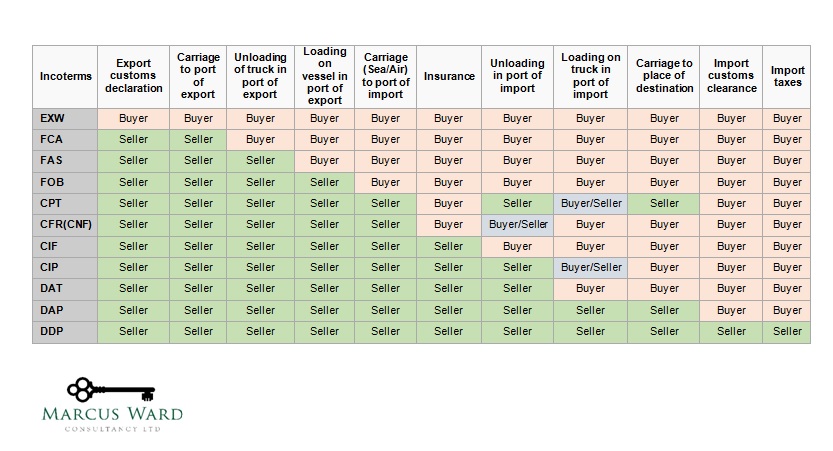Latest from the courts – Appellant on thin ice?
In the first Tier Tribunal case of The Ice Rink Company Ltd the issue was whether supplies of admission to ice skating rink and the hire of children’s ice skates – where sold as a package were single or multiple supplies. This is yet another separate/composite/compound supply case.
As a background to the issue please see previous relevant cases here here and here (in fact, this case was referred to in this hearing).
The issue of what is a single supply and what must be split as separate supplies seems to be neverending and HMRC appears to have an appetite to challenge every moot position through the courts.
Background
As anyone who has been ice skating will be aware (I tend to avoid the places not least as a result of not wishing to demonstrate my total lack of balance or skill) you can take your own skates, or hire skates for that session. In this case, the costs were £8 to use the rink or £10 with skate hire. The sole issue in the appeal was whether, when the appellants sold a “package deal” at £10 allowing a child to skate and to hire skates, it made a single supply or two separate supplies. If they made separate supplies, the £2 hire of skates to children is zero-rated. If it is a single supply the whole package is standard rated.
Decision
The judge decided that there were two separate supplies and that the skate hire supply could be treated as zero rated. This decision was based on a number of factors put forward by the appellant and which may be summarised as:
- Skating with skate hire is a mixed supply, as the supply of skates is distinct and separate from the supply of admission
- Around half the customers wishing to skate brought their own skates and some customers hired skates without paying to skate (at club sessions when a club had hired the rink and they needed skates for their club members). The hire of skates was therefore capable of being carved out from a single supply
- A single “package” price is not determinative – in this case is it clear to the customer that they have freedom of choice and the components are available separately
- Despite what HMRC said, it is clear that the skate hire is additional and optional
- Neither supply is predominant and neither ancillary (as HMRC have previously accepted)
- There was physical separation between the admission booth and the skate hire zone
The decision helpful included the following observations: “In our view… it is plain that in this case there are two supplies, a supply of the use of a skating rink and the supply of hire of ice skates. Neither is ancillary to the other as they both can be, and are, purchased on their own. Far from it being artificial to split the package into two, that is precisely what is in effect done in a substantial percentage of the appellant’s transactions with those using its facilities.” And “From the customers’ viewpoint a consumer of the package is getting the two things they want. The two elements are dissociable, not because of any spatial separation between the ticket office and the skate hire booth, but because that is the only appropriate way of looking at the supply of the elements.” And “…a substantial percentage of customers will choose to buy one or other of the element but not both, and that it is possible that the same customer may at one time buy a package and at another buy only one of the elements. Therefore it makes no sense to say that the elements are not dissociable when on a majority of the occasions that users enter the reception to use the rinks they choose only one of the two main elements, entry to the rink.”
Commentary
A sensible decision based on the facts. There does not seem to be an end to these types of cases as the decision is always based on the unique facts of each situation. It is difficult, if not impossible, to draft legislation which covers every type of scenario. Consequently, case law is very important in this area and the lead cases of CPP and Levob are the most cited. This case further illustrates that HMRC are not always correct in reaching a conclusion on multiple/composite supply cases and there is usually value in challenging their determinations. I would also say, from experience, that a review of a business’ activities can often identify such contentious areas and as always, getting it wrong can either result in an assessment and penalties, or mean that a business is paying too much VAT – not something that sits easily with me!

